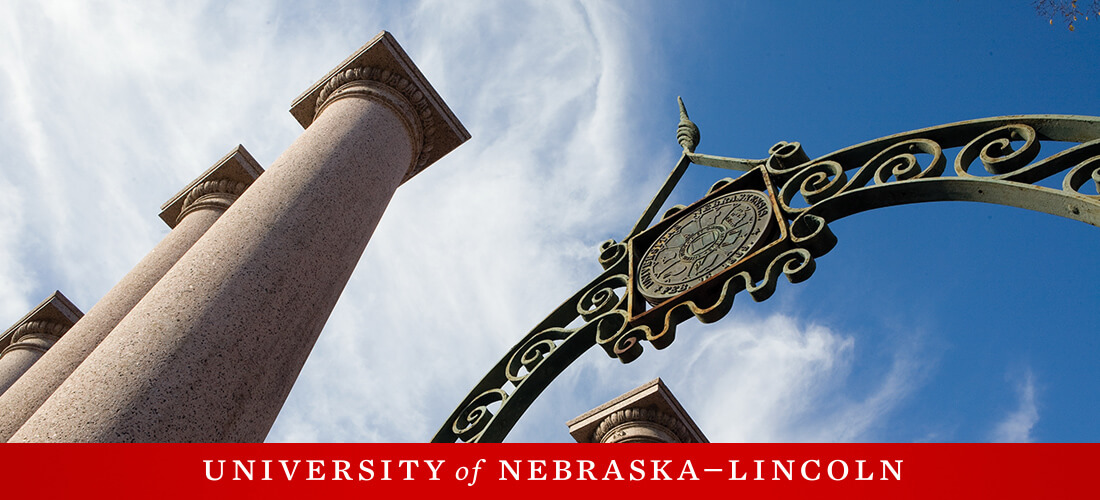
December 7, 2020
Dear UNL Faculty, Staff and Students,
This week, we are moving forward with the second and final phase of budget reductions to meet our $38.2 million budget shortfall in state-aided funding through fiscal year 2023.
We instituted the Phase 1 plan in September. This fall, the Academic Planning Committee (APC) carefully reviewed the proposed Phase 2 reductions, and recently provided me with their recommendations. I have accepted all APC recommendations and we are moving forward with the $20,989,594 in Phase 2 reductions.
As I have mentioned in previous communications to campus, the financial impacts of the COVID-19 pandemic on our institution are substantial. While we are faring better financially than many other institutions, addressing this shortfall requires that we make tough choices and take immediate and proactive financial steps.
I appreciate the hard work and diligence of the APC in reviewing the budget reduction proposals. I also thank our campus leaders who took the difficult steps to identify and develop these proposals.
The Phase 2 budget plan — which represents reductions across each of the university’s colleges and academic units — will be implemented as proposed in September, with two exceptions.
- The Textiles, Merchandising and Fashion Design department and programs have been removed as a proposed reduction and will continue as part of our university’s academic fabric. An alternative proposal to meet the full budget reduction in Phase 2 will be forthcoming. The APC will review new proposals in early 2021.
- And, as previously announced, the Hixson-Lied College of Fine and Performing Arts’ Dance program was preserved through support from multiple private donors and realignment of existing endowment funds and an annual fundraising commitment.
Two academic programs are being eliminated or suspended through this plan. They include:
- Elimination of the College of Agricultural Sciences and Natural Resources-based hospitality, restaurant and tourism management undergraduate program. This option is duplicative of the university’s broader Hospitality, Restaurant and Tourism Management program offered by the College of Education and Human Sciences. The College of Education and Human Sciences program, which will play a unique role in the new Scarlet Hotel being constructed at Nebraska Innovation Campus, is definitively not included in this reduction.
- Temporary discontinuation of the intercollegiate athletics administration specialization in the College of Business’ Master of Arts program.
The Phase 2 reductions include:
- Eliminating $8,176,079 in vacant faculty, staff and administrative positions
- Eliminating $6,755,952 in additional vacant faculty positions as a result of the 2019-2020 university Voluntary Separation Incentive Program (VSIP)
- Eliminating $2,630,681 in filled faculty and staff positions
- Shifting $453,152 for staff and faculty positions to alternative funding sources
- Eliminating $1,508,832 in budgets that support student worker and graduate assistants
- Reducing and/or finding alternative funding for $1,123,324 in content and collections for the University Libraries and College of Law
- Reducing remissions of $179,190 by the Hixson-Lied College of Fine and Performing Arts
- Reducing Nebraska Extension operating budget by $162,384
Additional details on these reductions can be found on this website.
In so many ways, this has been and continues to be a challenging time at our university, in Nebraska, across the nation and around the world. We never want to be in the position of taking difficult actions that impact our people, however, in the current fiscal environment, it was unavoidable.
I want to again thank the leaders across this institution for carefully evaluating options for reductions and for making difficult decisions. And I want to thank the members of the APC for their vigilance and diligence in carefully reviewing the proposals and providing their final recommendations. None of this is easy, and I appreciate the pragmatic realism in how our community has addressed this challenge.
Ronnie D. Green, Ph.D.
Chancellor